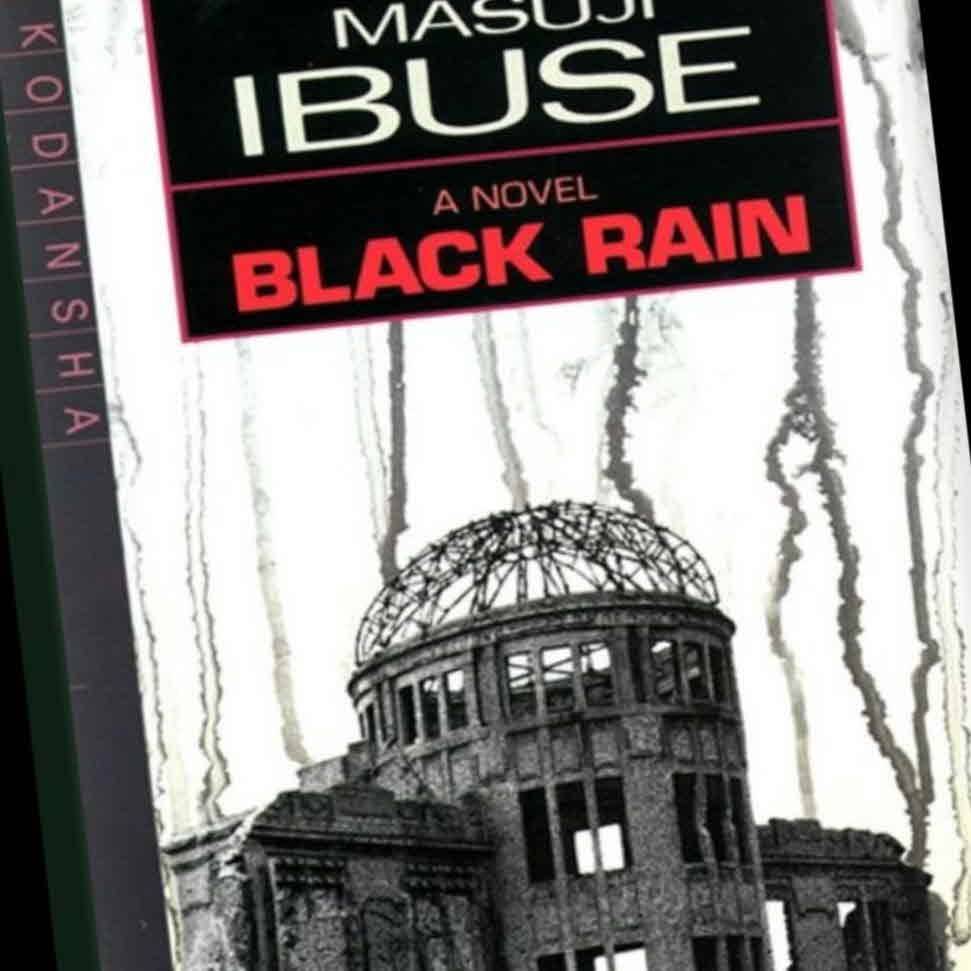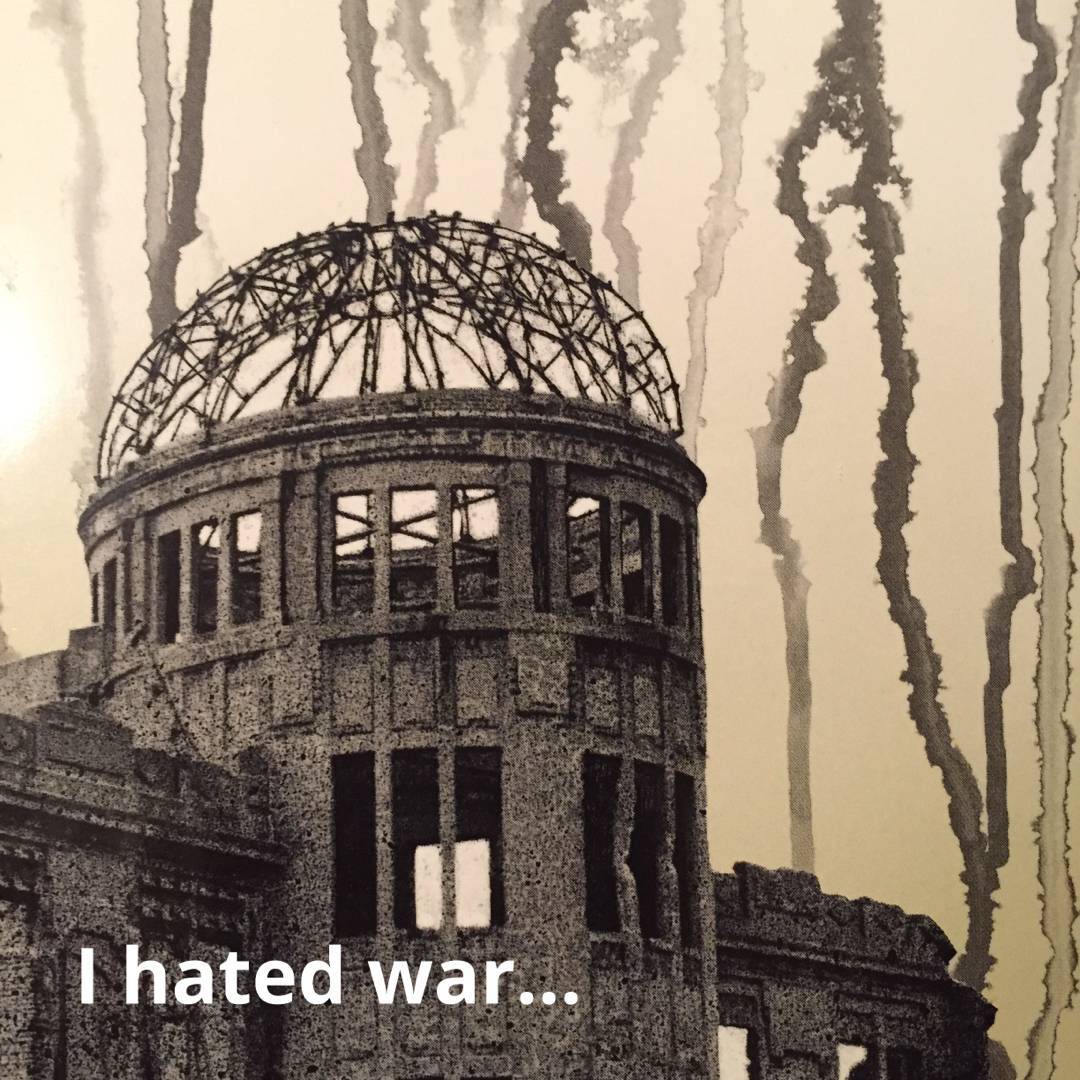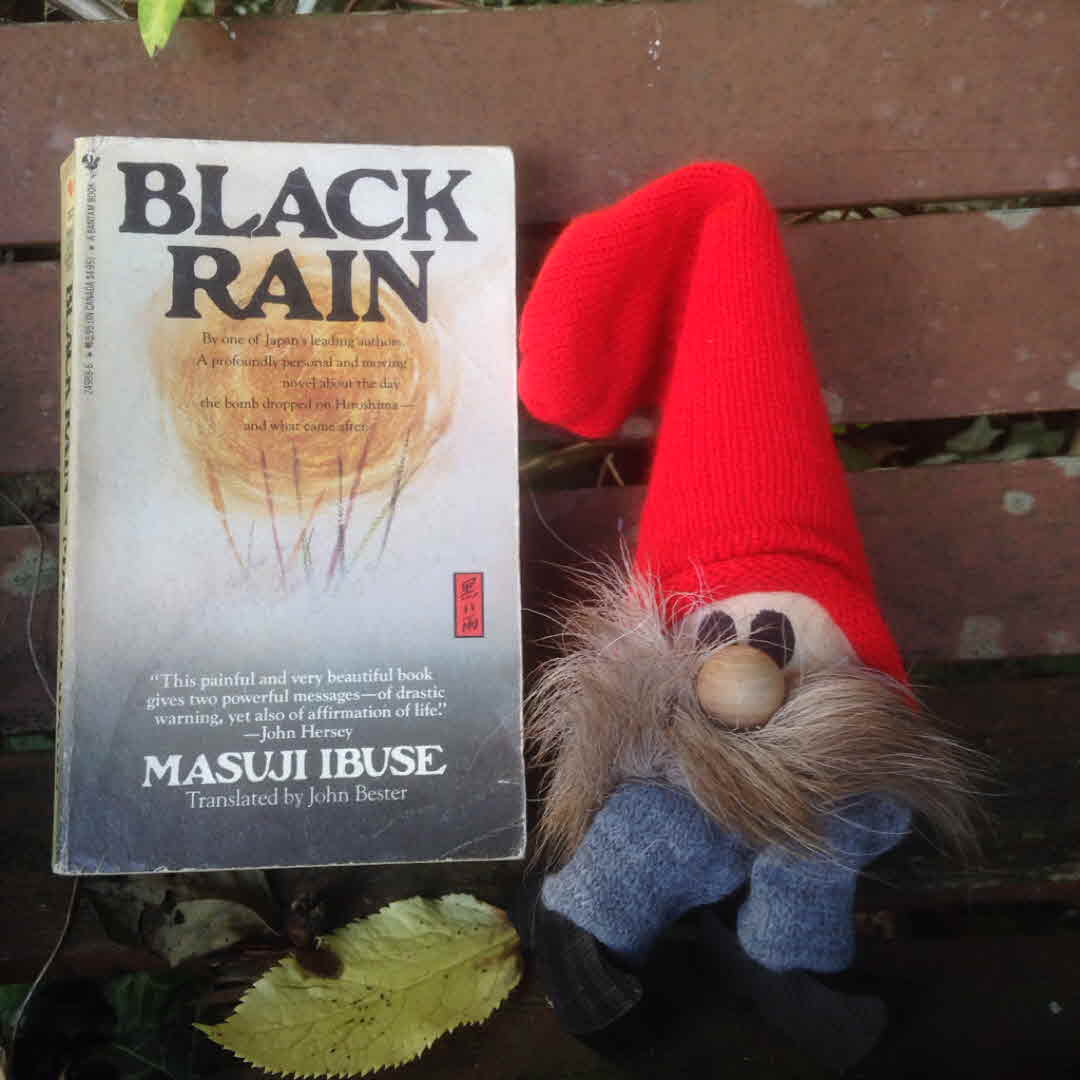
This translated novel about the bombing Hiroshima was an interesting read, filled with accounts from multiple perspectives.

This translated novel about the bombing Hiroshima was an interesting read, filled with accounts from multiple perspectives.

“I hated war. Who cared, after all, which side won. The only important thing was to end it all as soon as possible: rather an unjust peace, than a “just” war!”

I‘m not sure why I‘ve been reading so many books about difficult topics recently, but I must learn why our world is the way it is. The more time goes by, the less faith I have in my fellow man. This book is about the population who suffered the effects of the atomic bomb explosion in Hiroshima. The story is by a Japanese author about his own people so I expect to learn a lot from this novel which was based on diaries and interviews with survivors.

First published in serialization, the novel uses a frame story, set a few years after the end of the war, to incorporate diaries from multiple characters depicting in excruciating detail the horrors suffered in Hiroshima after the atom bomb was dropped.
The amount of detail and the distancing effect of the "diary" entries gives this book a documentary feel. But I found it plodding and other people's stories were shoehorned in unrealistically.

There is very little in the way of recrimination against the American's who dropped the bomb, Ibuse is almost completely concerned with the immediate experience of those caught up in the horror of nuclear warfare. The effect is to humanise an event of global significance, bringing it within the scope of personal understanding. A work of great compassion and empathy.

Opening line:
"For several years past, shigematsu Shizuma, of the village of Kobatake, had been aware of his niece Yasuko as a weight on his mind." #bookgnome #masujiibuse #blackrain